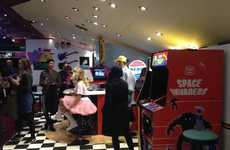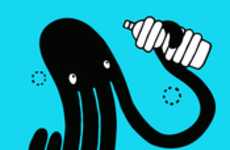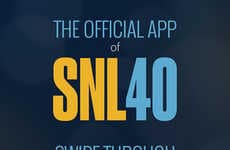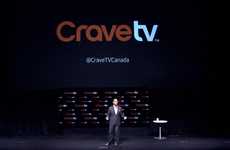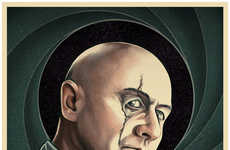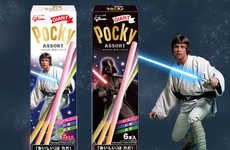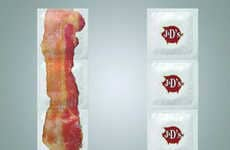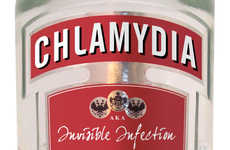



Modern-day fables attack real concerns through horror
Implications - Fairy tales and fables were originally intended to help sort through life's everyday problems; as everyday life transforms, so to do the stories being told. What remains the same is the concept of storytelling as a vehicle to warn against metaphorical monsters -- in an age of information, however, the "monsters" are more pragmatic, such as STDs and psychological disorders. As consumers grow more well-informed, a skew toward hyperrealism as opposed to surrealism is seen in entertainment.
Workshop Question - How can your brand utilize humour to speak to a sincere issue?
Trend Themes
1. Hyperrealistic Entertainment - As consumers grow more well-informed, a skew toward hyperrealism as opposed to surrealism is seen in entertainment.
2. Emotional Marketing - The use of the fake branding for Persona Synthetics is an example of emotional marketing, as ABC's clever rollout speaks directly to the heart of consumers and namely, their fear of a future defined by AI robots.
3. Fear-facing Initiatives - Michelle Poller recently embarked on a project called '100 Days Without Fear,' which is a digital platform that individuals can use to challenge one another to face their fears.
Industry Implications
1. Entertainment - Hyperrealistic entertainment could explore more dark and mature themes like the short film 'He Took Off His Skin For Me.'
2. Marketing and Advertising - Emotional marketing can make use of fear as a way of connecting with customers, like the use of fake branding for innovative products in ABC's 'Humans.'
3. Healthcare and Wellness - Fear-facing initiatives like '100 Days Without Fear' can inspire people to try things that are uncomfortable but ultimately beneficial, like getting tested for STDs as in the 'Get Checked' ad.
5 Featured, 44 Examples:
142,422 Total Clicks
Date Range:
Jul 13 — Feb 16
Trending:
Mild
Consumer Insight Topics:


